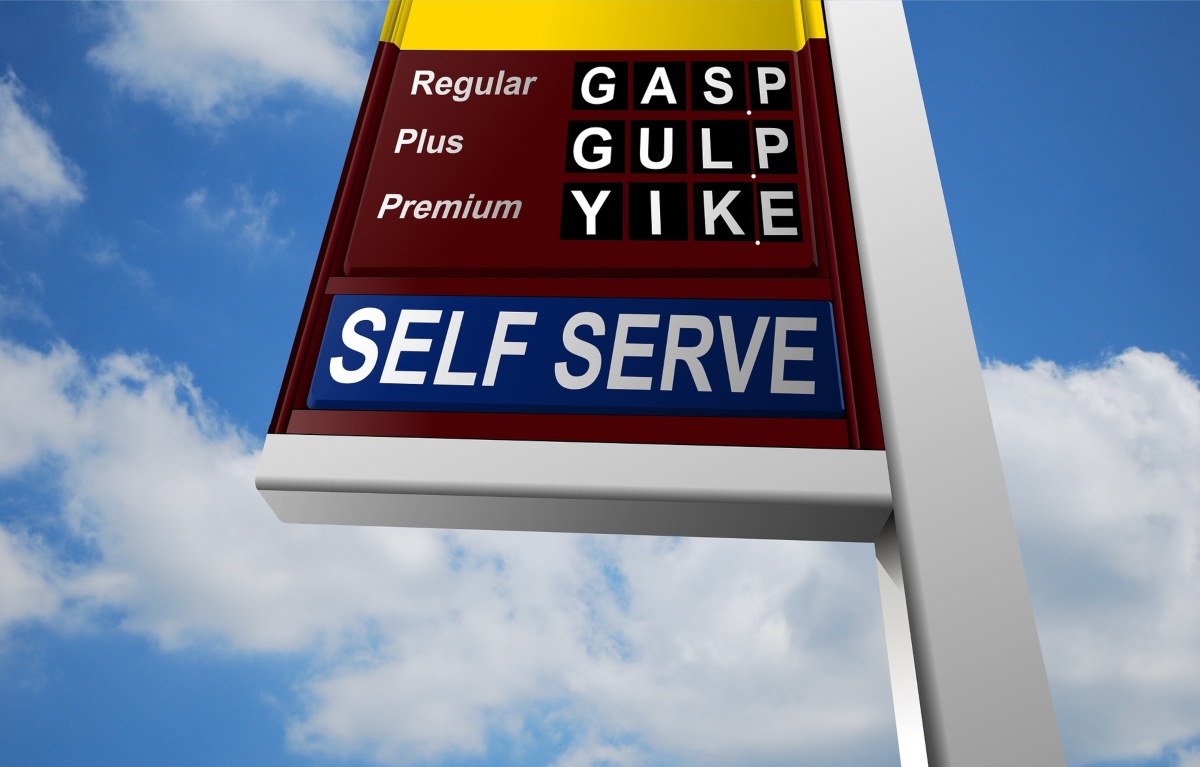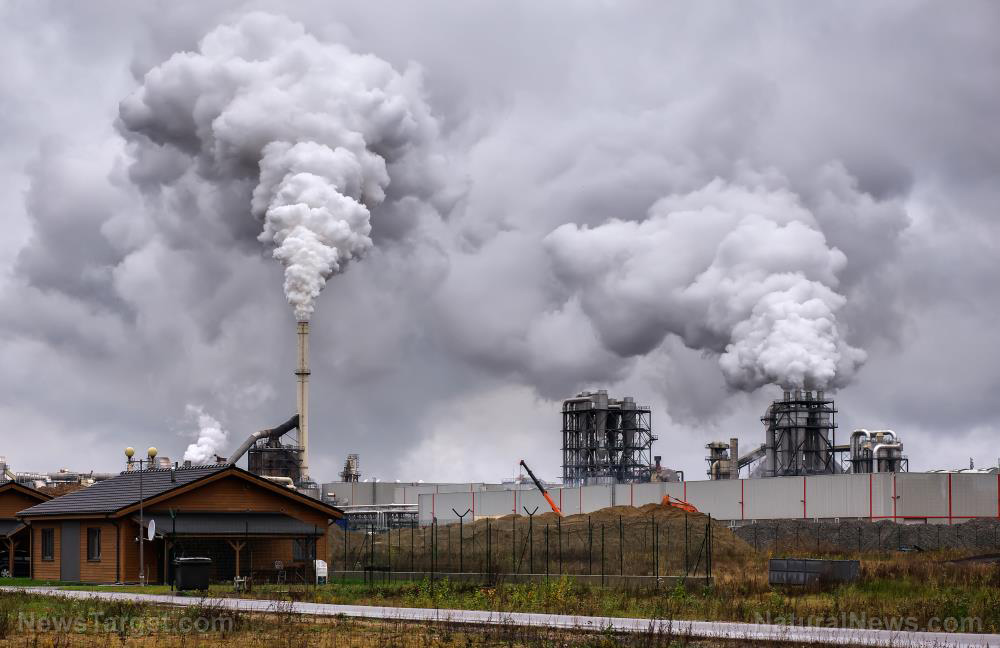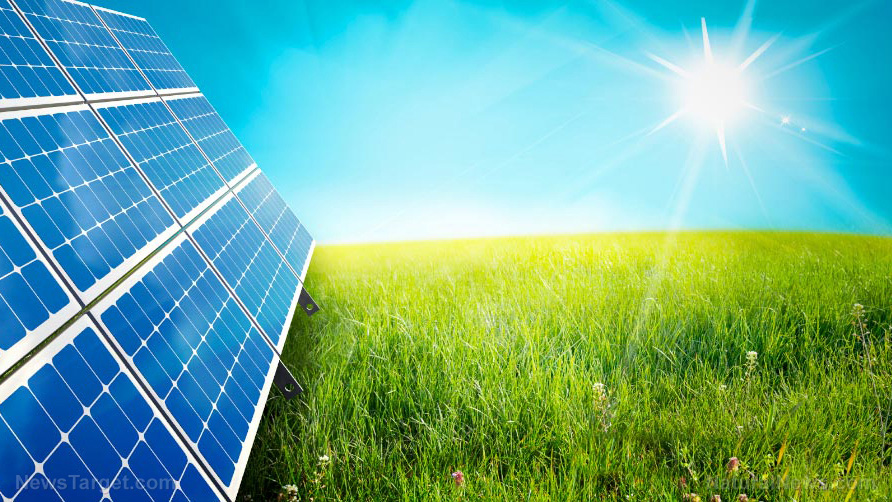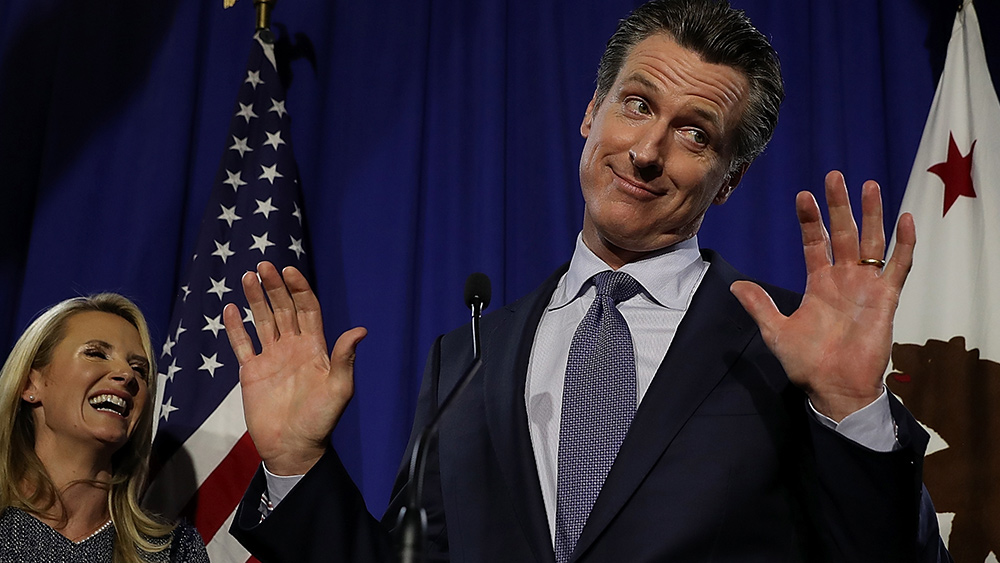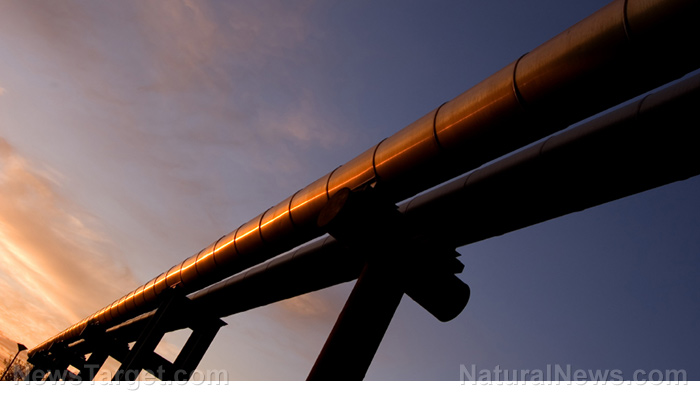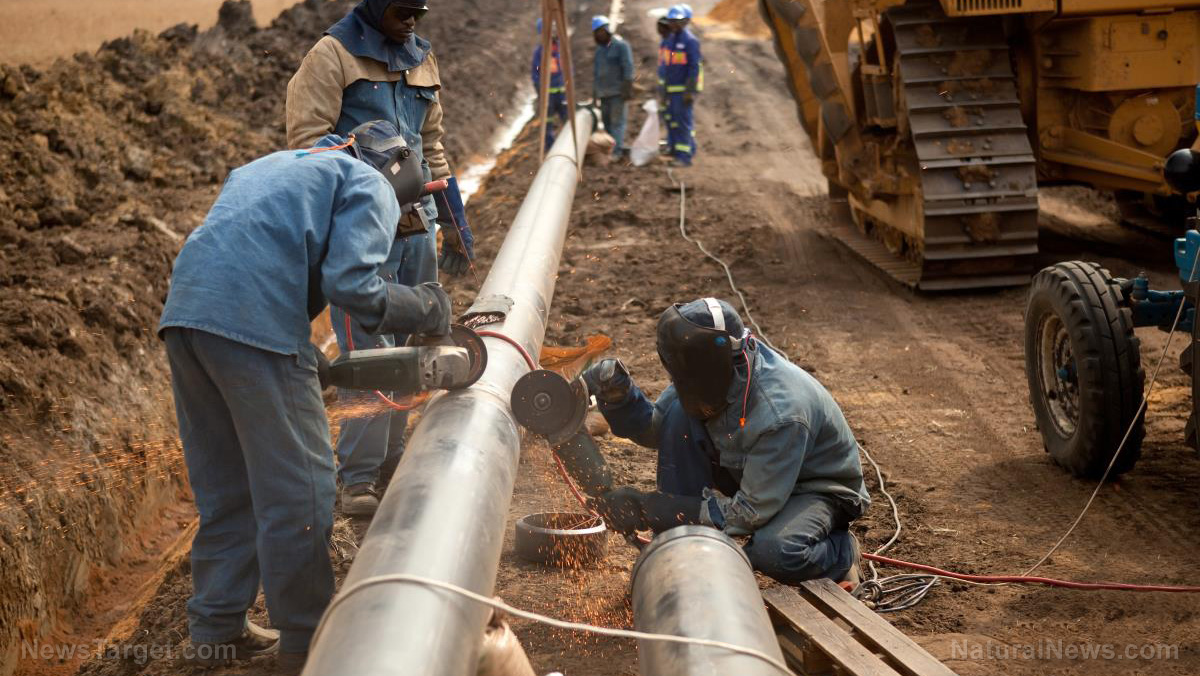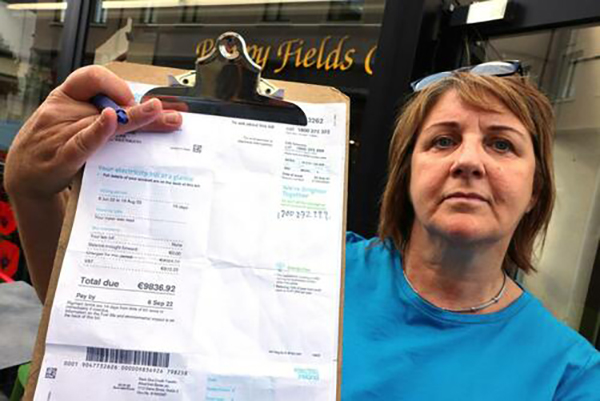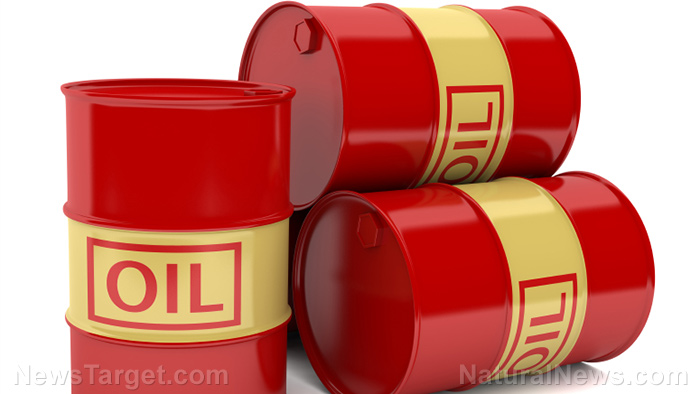Russia to halt oil exports to nations that impose price cap on Russian crude
09/06/2022 / By Belle Carter
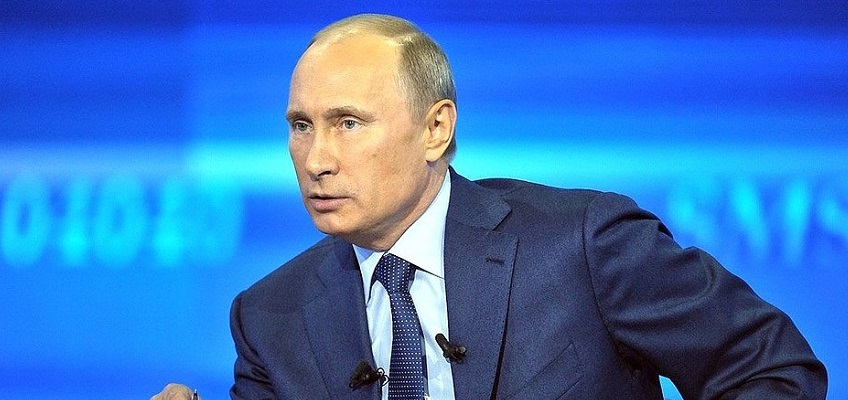
Russia will ban exports of oil and other petroleum products to countries that would impose a cap on the price of Russian crude. Russia’s Deputy Prime Minister Alexander Novak made the announcement on September 1, a day before finance ministers from the Group of Seven (G-7) most industrialized countries met to discuss the price cap.
“We will simply not supply oil and petroleum products to companies or states that impose restrictions, as we will not work non-competitively,” Novak said.
He warned that this completely destroys the market and argued that interference in market mechanisms in commodities like oil would have a destabilizing impact on energy security worldwide.
G7, an inter-governmental political forum consisting of Canada, France, Germany, Italy, Japan, the United Kingdom and the United States, will be implementing the price cap for global purchases of Russian oil because they believe this will slash Moscow’s overall revenues. However, this has so far been treated with skepticism in the oil market.
U.S. Treasury Secretary Janet Yellen, who led efforts to build a coalition, said: “The price cap will advance two key objectives. The first is reducing revenues that Putin needs to continue waging his war of aggression, and the second is maintaining a reliable supply of oil to the global market and putting downward pressure on the price of energy for people in the U.S., in the U.K. and around the world.”
While western powers placed sanctions on many Russian energy exports, Moscow is still reaping billions of dollars by channeling oil exports to Asian markets.
Earlier this year, the European Union (EU) imposed a partial ban on Russian oil purchases, which is expected to stop 90 percent of Russia’s exports to the 27-member bloc. Meanwhile, China has been reselling excess imports of Russian gas to Europe. While this action helped ease Europe’s energy difficulties, it made the EU dependent on Beijing for its energy needs.
Britons will endure cold winter days due to price cap on energy bills
The United Kingdom will implement a price cap on energy bills from £1,971 ($2,330) at present to £3,549 ($4,189) beginning October.
Tyler Durden of ZeroHedge predicted “that cap is expected to rise to £5,439 ($6,427) by January and £7,272 ($8,594) by spring.” These are all due to skyrocketing wholesale NatGas and electricity prices caused by declining Russian energy supplies to Europe, made worse by western sanctions that have backfired. (Related: FREEZE ‘TIL YOU’RE BROKE: Millions of Brits face energy poverty this winter due to UK government’s price cap increase.)
Analysts are worried that this change initiated by the U.K.’s energy regulator Ofgem will send millions of British households into energy poverty.
“An increase of this much cannot be budgeted for by households with no wiggle room. Come October, low-income households will simply not turn on their heating,” stated Peter Smith, National Energy Action charity director of policy and advocacy.
The increase in cap rate could also push inflation higher as U.K. economists at Citi warned consumer price index (CPI) inflation could reach 18.6 percent in January amid soaring energy prices.
“The last time CPI printed above 18 percent was during the stagflationary years of the mid-1970s (more precisely, 1976) after an oil supply shock led to soaring energy prices worldwide,” Durden said.
Philip Keetley, a resident in the east England town of Grimsby, told Reuters that he didn’t turn on his cooling fan at home as Britain sweltered under a record heatwave this summer because he could no longer afford it.
He lost his job as a council adviser in April and lives on 600 pounds ($706.44) a month from a social security scheme. Half of the money goes on rent and what remains is barely covering the essentials.
“The cost of living has increased and yet you’re still expected to live on the money provided for when there wasn’t a crisis. I either can have my heating on or eat,” Keetley said.
Visit FuelSupply.news for more news related to fuel supply.
Watch the below video that talks about Gazprom’s announcement that it will not reopen the Nord Stream 1 pipeline.
This video is from the TruNews channel on Brighteon.com.
More related stories:
EU’s embargo on Russian oil will cause oil prices to skyrocket – but Russia will be largely unharmed.
Sources include:
Submit a correction >>
Tagged Under:
big government, bubble, chaos, collapse, CPI, energy rationing, energy shortage, energy supply, fuel shortage, fuel supply, Group of Seven, inflation, power, power grid, price cap, rationing, scarcity, Western sanctions, World War III
This article may contain statements that reflect the opinion of the author
RECENT NEWS & ARTICLES
COPYRIGHT © 2022 FuelSupply.news
All content posted on this site is protected under Free Speech. FuelSupply.news is not responsible for content written by contributing authors. The information on this site is provided for educational and entertainment purposes only. It is not intended as a substitute for professional advice of any kind. FuelSupply.news assumes no responsibility for the use or misuse of this material. All trademarks, registered trademarks and service marks mentioned on this site are the property of their respective owners.

